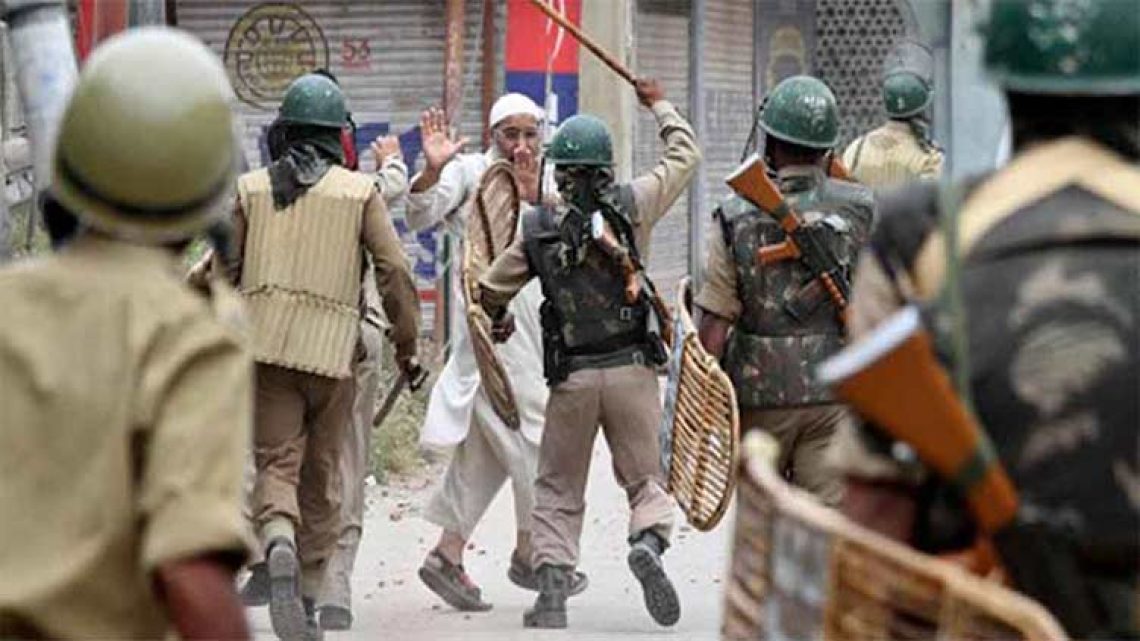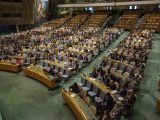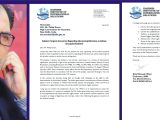
Serious Concerns Over Erosion of Civil Rights and Liberties in IIOJK
September 24, 2024Under the Modi-led BJP regime, the Indian government has imposed stringent restrictions in Indian illegally occupied Jammu and Kashmir (IIOJK), particularly in its summer capital, Srinagar.
District Magistrate Dr. Bilal Mohi-Ud-Din Bhat announced prohibitory orders effective from September 23 to September 25 at 6:00 PM. These measures have raised serious concerns about the erosion of civil rights and liberties in the region.
The restrictions have been particularly intensified during the ongoing assembly elections, which many view as a sham. Authorities have prohibited assemblies, processions, and rallies, effectively silencing political expression.
People are now barred from gathering, attending, or addressing public meetings related to the elections and other civic activities. This crackdown reflects a troubling trend that questions the commitment of the ruling Modi-led Bharatiya Janata Party (BJP) to uphold democratic values and human rights.
Similar restrictions have been previously imposed, raising alarms about the dissenting voices in Jammu and Kashmir. Critics argue that these measures contribute to an increasingly oppressive environment for those seeking to voice their opinions or challenge government policies.
The impact of these restrictions extends beyond immediate political implications. They signal a broader strategy to control public discourse and limit freedoms in a region already marked by turmoil and unrest. The chilling effect on civil society is palpable, as citizens fear repercussions for participating in any form of public expression.
Furthermore, these actions appear to undermine the very fabric of democracy. By restricting the fundamental rights of the populace, the Modi regime raises questions about its legitimacy and adherence to international human rights norms.
As the elections unfold, the tension between the government’s narrative and the realities on the ground becomes increasingly apparent. Many citizens feel marginalized and excluded from the political process, fueling a sense of disenfranchisement.
International observers are closely watching the situation, with human rights organizations expressing grave concerns over the implications of these restrictions. The continuation of such policies may further escalate tensions in the region.
To summarize, the recent prohibitory orders in Jammu and Kashmir represent a significant threat to civil rights and democratic processes. As the world looks on, the actions of the Modi government could have lasting consequences for the future of democracy and human rights in the region.

